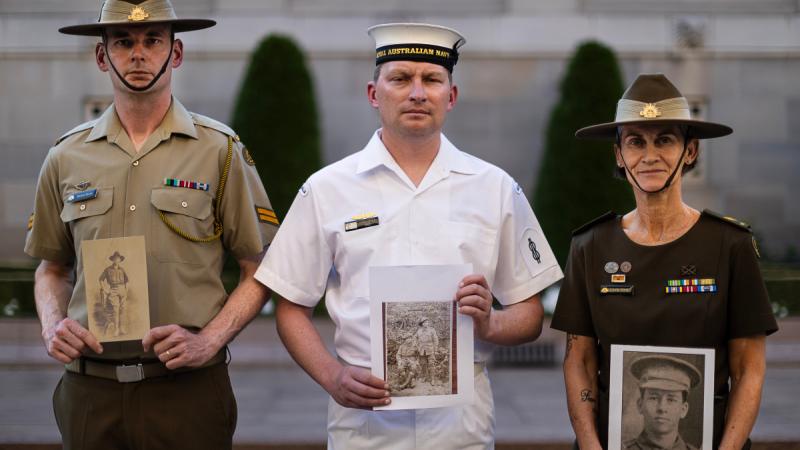Police Commissioner Andrew Coster has today unveiled details of a new Tactical Response Model, following the Government’s funding commitment to improve the safety and capability of frontline staff.
“Our frontline officers operate in a dynamic and unpredictable environment and are often called to put themselves in harm’s way to keep the public safe. Increasingly, they face threats from those willing to use violence against police, and others.
“Nothing is more important to me than the safety of our people and the communities we serve across New Zealand. We have listened to staff telling us of their growing safety concerns and the need for more specialist support,” Commissioner Coster says.
“Over the past year, there has been a great deal of work undertaken by Police’s Frontline Safety Improvement Programme that listened to more than 1250 staff around their concerns and ideas to improve staff safety. We have engaged with Maori, Pacific and Ethnic community leaders, and taken on board feedback from those who shared their thoughts on Armed Response Teams.
“This engagement has informed the development of a new tactical response model. This model is designed around enhancing frontline training; improving frontline access to specialist capability, and strengthening risk-based deployment and technology.
“We will be doubling the annual tactical training days for frontline staff, starting with Public Safety Teams and Road Policing, with new scenario-based training focused on appropriate tactical responses and de-escalation. This additional four-day training will be modelled on the newly developed Frontline Skills Enhancement Course to help staff manage their response in high-risk situations.”
We are also increasing the number of staff with Advanced Tactical Training (Armed Offender Squad qualified) to roster them on-shift across two areas:
• As new positions to enable dog units to operate as a two-person dog team. This will increase the day-to-day safety of handlers who will no longer respond to high-risk incidents alone. As a team they will provide additional specialist tactical support for frontline staff in responding to critical events.
• As members of Tactical Prevention Teams, which will be part of existing investigative units that are primarily focused on planned operations to apprehend priority and high-risk offenders and combat organised crime. These specialist teams will also be available to support frontline staff if called on to respond urgently to high-risk incidents.
“Increasing the number and availability of staff with advanced tactical training and deploying them in this way will significantly enhance our frontline capability. They will wear standard police uniforms and drive standard police vehicles. They will not be armed in their day-to-day duties but will have immediate access to tactical options if the situation requires it,” Commissioner Coster says.
“Equally important is having the right intelligence-led deployment framework to guide decision-making through comprehensive risk assessments and proactive offender management. The new investment will provide this, and allows us to progress technology solutions to further enhance our ability for real-time risk information to be sent directly to staff in the field.”
While the new model will provide a meaningful increase in capability, none of these initiatives involve generally arming staff, ensuring New Zealand’s community style of policing – and the safety benefits this provides – is maintained.
“For a member of the public, this won’t look any different to what they see today. That’s important to us because we want to remain approachable and have that connection with the community as part of our everyday policing.
“But for our frontline staff, and our communities, this will provide real benefits to safety. It’s not possible to completely eliminate risk from the policing environment, but this model will enhance our ability to better prevent, respond to, and resolve critical incidents and apprehend high-risk offenders and that will make a real difference to the lives of many.”
Police will be engaging with staff, iwi, and the wider community over the coming weeks to seek feedback and make any refinements to ensure the success of this model in practice, Commissioner Coster says.
“We welcome the public’s feedback as we want to make sure this works in our communities and that people understand what we are doing to keep them and their communities safe.”
Following this four-week engagement period, Police plans to pilot aspects of the model in different districts. This will allow us to take learnings and make any adjustments needed ahead of a national roll-out.








